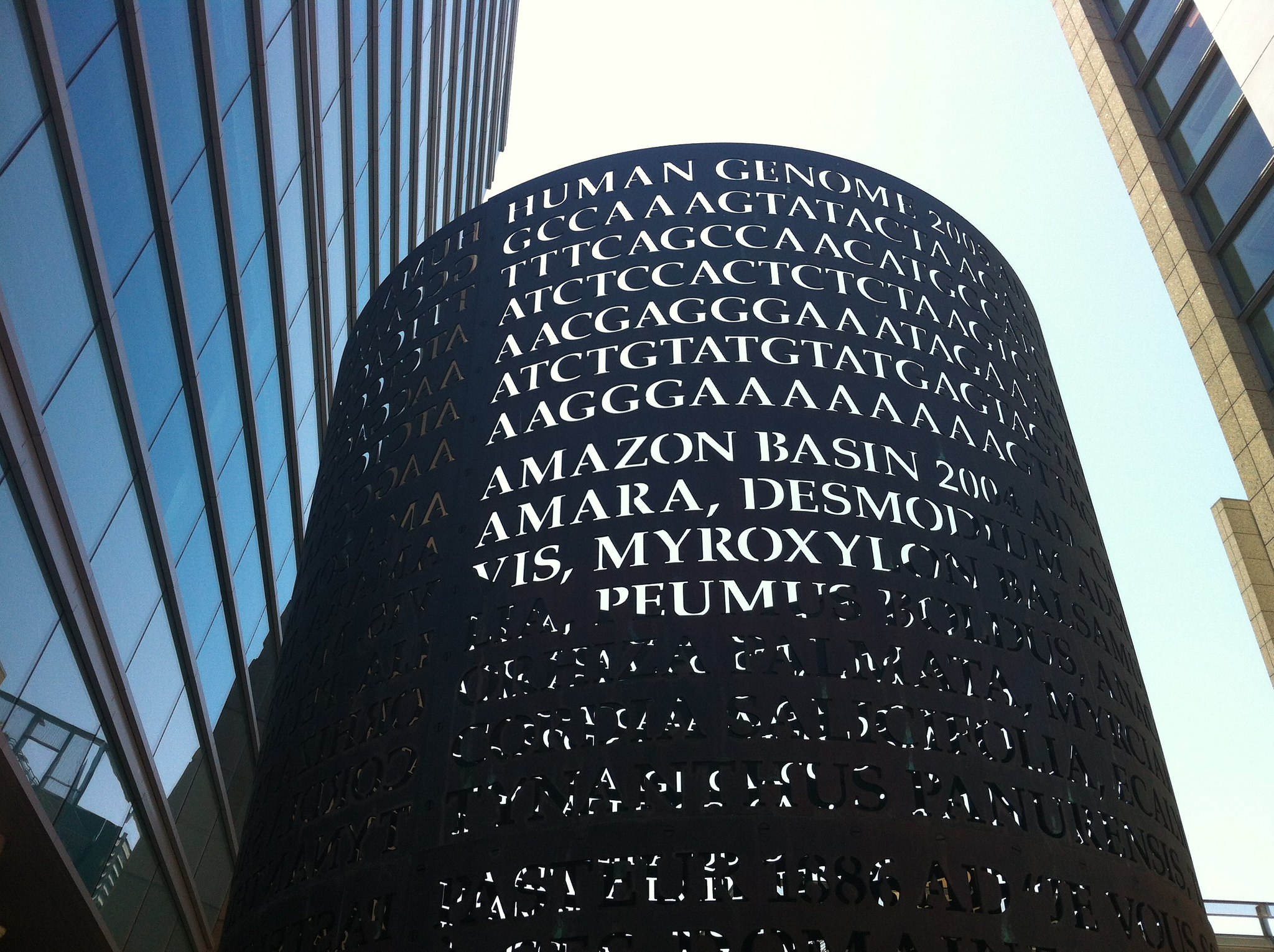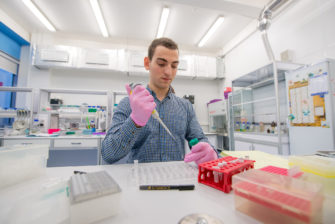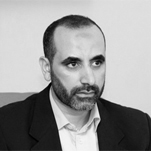
Technological progress represents one of the key characteristics, and concurrently one of the fruits, of modernity. Biomedical sciences and their technological applications in particular have witnessed revolutionary progress from the twentieth century onwards. This progress managed to achieve near-miracles by eradicating some lethal diseases, enabling humans to live longer and also to have a better quality of life in general. However, as rightly put by Thomas Misa, “Technologies interact deeply with society and culture, but the interactions involve mutual influence, substantial uncertainty, and historical ambiguity, eliciting resistance, accommodation, acceptance, and even enthusiasm” (Misa 2003, 3). In their interaction with modern biomedical technologies, Muslim individuals, societies, and countries have had to grapple with questions related to which of these technologies should be resisted, accommodated after modifications, or unconditionally welcomed. Specialists in Islamic jurisprudence (fiqh), or jurists (fuqahāʾ), were at the forefront of those who tackled these questions from an Islamic perspective. The contribution of Muslim jurists to the emerging field of Islamic Bioethics is so seminal that some critical voices find it unfortunate that there is almost no substantial contribution from other disciplines, including Islamic theology, philosophy, and Sufism.
In this essay, I give a concise analytical review of Muslim jurists’ contributions to Islamic bioethics based on works written in Arabic by Sunni jurists today. I address three main questions: What are the identities of the contributing jurists? How do they address the ethical questions posed by modern biomedical technologies? What are the key challenges that need to be addressed in the future?
Who Are the Main Contributing Jurists?
So far, we have no Muslim jurists who specialize in addressing exclusively bioethical issues. Almost all of them are graduates of Sharia faculties who received training in addressing a wide range of topics that cut across almost all aspects of life including social, political, financial, and bioethical questions through the lens of Islamic jurisprudence. So, unlike the situation in many Western countries where theologians and philosophers will specialize in bioethics and dedicate their whole career to this field, we still have no bioethical jurists or juridical bioethicists in the Islamic tradition. One of the main consequences of this situation is that we do not see any specific interpretive techniques or modes of reasoning which are unique to Islamic bioethics. In their attempts to address bioethical questions, Muslim jurists do not feel compelled to develop any new techniques that go beyond the traditional system of Islamic jurisprudence, as will be explained further in the section below. They are usually confident that the system which helps them answer questions related to modern domains like economics and finance will also do the job with the field of bioethics.
Some of the contributing jurists have engaged with bioethical questions early on in their careers by writing their M.A. theses or Ph.D. dissertations on specific bioethical issues. Because of the relatively new character of these bioethical issues, many postgraduate students are inclined to choose such topics so that they will not run the risk of rehashing what their predecessors have already said on exhausted topics. Some of these works have found their way into wide circulation and have become important references in the field. Just as examples, I refer to the works of Muḥammad al-Shinqītī on medical surgery,[1] Saʿd al-Shuwayrikh on genetic engineering,[2] and Ismāʿīl Marḥaba on biobanks.[3]
Besides these junior jurists, many senior and prominent jurists also write on bioethical issues to show how their long-established expertise will help them address such complex questions in a robust and rigorous way. Just as examples, I refer to the works of Mukhtār al-Sallāmī[4] and Muḥammad Naʿīm Yāsīn[5] on miscellaneous bioethical issues and Muḥammad Raʾfat ʿUthmān[6] on genetics.
How Do Muslim Jurists Address Bioethical Questions?
As mentioned above, the jurists who write on bioethics are generalists who address all types of questions through the lens of Islamic jurisprudence without developing any specific methodology tailored for the field of bioethics in particular. Like the approach to any other issue in Islamic jurisprudence, the jurist usually starts with consulting the main sources, namely the Qur’an and Sunna, looking for relevant scriptural references and then follows with consulting the so-called secondary sources of legislation including those related to induction, deduction, inference, and so forth. Weighing between possible benefits and expected harms, which comes close to the well-known risk-benefit assessment in mainstream bioethics, is one of the most frequently used tools to assess various biomedical technologies from a juristic perspective. In this specific regard, contemporary jurists try to benefit from the relatively new concept of fiqh al-muwāzanāt (lit. “jurisprudence of balancing”) which has roots in classical fiqh.[7]
Because of the novel character of most of the bioethical issues, jurists heavily depend on the mechanism of independent reasoning (ijtihād) where they would independently examine available sources without necessarily adhering to any of the established schools of law in the Islamic tradition. One of the relatively unique aspects of practicing ijtihād in the field of bioethics is that it usually assumes an interdisciplinary character. Because of their educational background, which consists of training exclusively in the Arabic language and in disciplines related to Islam as a religious tradition (the so-called al-ʿulūm al-sharʿiyya), contemporary jurists have hardly had access to biomedical sources. In order to grasp the crux of the bioethical questions at hand, they get external help from biomedical scientists who simplify the biomedical information they need so that they can give informed answers. This mechanism is known in Islamic studies as collective ijtihād, and it was institutionalized by the beginning of the 1980s. Three main transnational institutions took the lead in this regard, namely the Organization of Islamic Sciences (IOMS) based in Kuwait, the Islamic Fiqh Academy (IFA) based in Mecca, Saudi Arabia, and the International Islamic Fiqh Academy (IIFA) based in Jeddah, Saudi Arabia. The three institutions work closely together but they do not necessarily adopt identical positions on the bioethical issues they discuss (Ghaly 2019, 47-51).
What Are the Key Challenges Ahead?
The field of Islamic bioethics has witnessed considerable progress during its five-decade history, thanks to the contribution of Muslim jurists, among others. However, this nascent field still has various challenges ahead that need to be addressed.

First of all, the aforementioned mechanism of collective ijtihād entails serious difficulties. The collaboration between Muslim jurists and biomedical scientists was premised on the idea that the role of scientists would be restricted to providing biomedical and technical information about the issues at hand, whereas developing the Islamic perspective would remain the exclusive right of those who are experts in Islamic normative knowledge, namely the jurists. However, this division of tasks proved to be impractical and often unimplementable during the actual collective deliberations. It is true that some scientists are themselves willing to engage in the process of ijtihād and cross over the boundaries of their discipline by jumping to normative conclusions about how a specific issue should be judged from an Islamic perspective (Ghaly 2015). The real problem, however, seems to lie in the very nature of biomedical sciences. Unlike what Muslim jurists and some scientists think, biomedical information does not only convey value-neutral facts, but often also implies value-laden and normative positions. Additionally, it is true that both jurists and scientists can share common religious beliefs as Muslims, but they belong to different disciplines, each of which has its own terminologies, fact-finding methodologies, ways of reasoning, and also its own biases.
Just to give a concrete example showing how such challenges can affect the communication and collaboration between these two groups, I refer to discussions on the beginning of human life. Within Islamic jurisprudence, determining the beginning of human life is closely tied to the metaphysical concept of the soul, where life would start by the ensoulment of the embryo at a specific moment during pregnancy, a process determined in the Prophetic traditions. On the other hand, determining the beginning of human life in biomedical sciences cannot be based on a metaphysical concept but rather must be based on measurable and verifiable criteria that can be observed and tested through the scientific tools of the physician. Such discrepancies in the epistemology of each discipline created two main divergent approaches. The advocates of one approach were in favor of medicalizing the tool of determining the beginning of human life, and they argued that the recent advances in modern embryology makes dependence on metaphysics in such issues an archaic idea that cannot be part of our modern world. However, the proponents of the other approach could not envisage the possibility of betraying the long-established methodologies of fiqh, where scriptural references including a specified number of days after which ensoulment takes place, cannot be overruled in the name of complying with scientific progress (Ghaly 2012).
Another challenge relates to the scope of interdisciplinarity in contemporary Islamic bioethical discussions. As mentioned above, many critics argue that the Islamic tradition cannot be reduced to the discipline of fiqh only and thus these discussions should be broadened by engaging other Islamic disciplines like theology, philosophy, and Sufism. Additionally, the complexity of questions raised by modern biomedical technology cannot be properly and comprehensively understood by consulting experts in biomedical sciences only. Contributions from other disciplines like medical anthropology, sociobiology, and philosophy of medicine should also take part in these collective discussions. However, the abovementioned issue, resulting from involving biomedical scientists in the process of ijtihād, should forewarn us that broadening the scope of interdisciplinarity may also come with its own challenges.
[1]Muḥammad al-Shinqītī, Aḥkām al-jirāḥa al-ṭibiiya. 2nd ed., (Jeddah: Maktabat al-Ṣaḥābā, 1994).
[2]Saʿd al-Shuwayrikh, Aḥkām al-handasa al-wirāthiyya, (Riyadh; Dār Kunūz Ishbīlya, 2007).
[3]Ismāʿīl Marḥaba, Al-bunūk al-ṭibiyya al-bashariyya wa aḥkāmuhā al-fiqhiyya, (Jeddah/Cairo: Dār Ibn al-Jawzī, 2008).
[4]Mukhtār al-Sallāmī, Al-ṭibb fī ḍawʾ al-īmān, (Beirut: Dār al-Gharb al-Islāmī, 2000).
[5]Muḥammad Naʿīm Yāsīn, Abḥāth fiqhiyya fī qaḍāyā ṭibbiyya muʿāṣira, (Amman; Dār al-Nafaʾis, 2008).
[6]Muḥammad Raʾfat ʿUthmān, Al-Mādda al-wirāthiyya: al-jīnūm, (Cairo: Maktabat Wahba, 2009).
[7]See for instance Nājī Ibrāhīm al-Suwayd, Fiqh al-muwazanāt bayana al-naẓariyya wa al-taṭbīq, (Beirut: Dār al-Kutub al-ʿIlmiyya, 2002).

